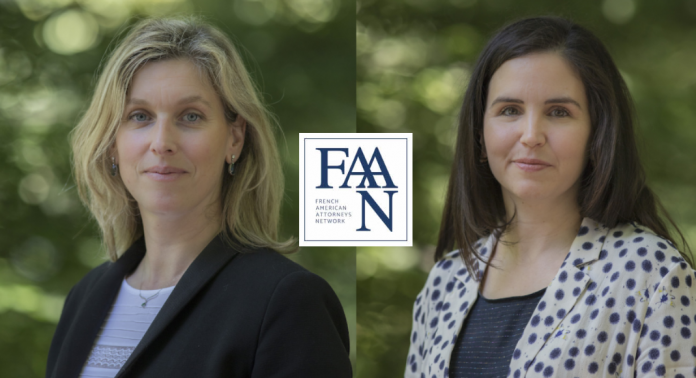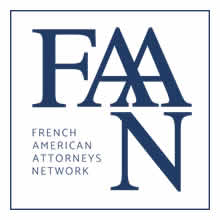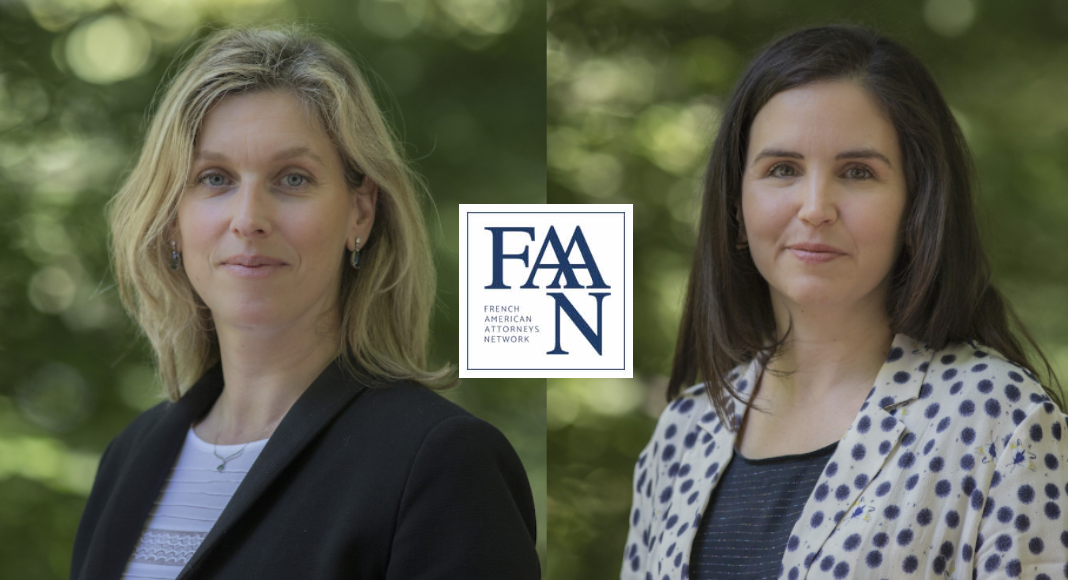
Find out more

(Partner article) PDriven by concerns related to the Covid-19 pandemic, many are wondering about the measures to be taken to protect themselves in the event of illness or death in the United States and France, and the cross-border compatibility of these tools.
Anticipating the end of one's life extends far beyond just estate planning, which is referred to in our article " Prepare your estate between the United States and France "
In New York, the state planning includes, in addition to " will "(Will), the" advance directives » in case of incapacity.
In France as in New York, the will can provide for the disposal of his body (donation to science, organ donation), like that of his heritage and the organization of funerals.
However, for reasons of efficiency and speed, it is advisable to prepare specific acts on extra-heritage matters.
Indeed, in New York the will can only be executed after a registration procedure that can last several weeks while extra-patrimonial acts, such as " Appointment of Agent to Control Disposition of Remains » (concerning the body remains) or the Health Care Proxy, can be implemented immediately.
In France, from a strictly medical point of view, it is possible to designate a "trusted person" empowered to take decisions if the patient is unable to express his will.
The New York equivalent, the Health Care Proxy, allows the designated officer to carry out the wishes of the author, in the event of incapacity or end of life. The officer may in particular authorize the doctor to sign a ‘Do-Not-Resuscitate Order’ ("DNR"), prohibiting the use of cardiopulmonary resuscitation techniques in the event of cardiac arrest.
The French Public Health Code also provides for the possibility of drafting "advance directives", possibly according to the official model available on the internet, to be sent to the doctor, the person of trust, or to be included in the shared medical file. They are followed by the medical profession except for vital emergencies or manifest annoyance with the medical situation.
The American equivalent, the Living Will, is not enforceable in New York but is in practice respected by the courts.
Such formalities are strongly advised to avoid dissension between relatives who can lead to very long procedures as demonstrated by the very media-driven Vincent Lambert affair.
From a heritage point of view, it is customary in New York to sign a Power of Attorney which authorizes the designated representative (s) to manage the assets in the event of incapacity or in general.
In France, combining heritage and extra-heritage, the future protection mandate established in 2007 makes it possible to appoint an agent (natural or legal person) responsible for the protection of the person and / or their property, in the event of incapacity, and avoid thus heavy procedures before the Guardianship Judge.
There are therefore similar tools in France and New York, but the question of their recognition by the foreign authority arises.
The will regularized by a resident of New York State and respecting New York forms, is recognized and applied in France unless it contravenes French public order. We think for example of the hereditary reserve, which prohibits disinheriting its direct descendants even if it can sometimes be circumvented, including for the heritage located in France, for American citizens.
At the same time, the French will will in principle be recognized in New York, as long as the rights of the surviving spouse are respected.
The Hague Convention of 13 January 2000 on the international protection of adults, in force in France since 2009, also makes it possible to apply a POA (Power of Attorney) New Yorker if its author has his habitual residence there, always subject to French public order.
Insofar as the medical sphere is governed by numerous principles of public order, it is recommended that appropriate steps be taken in this area in each country.
For people moving between the United States and France, it can only be advisable to use professionals to ensure the compatibility of regularized acts.
For more information, contact Hélène Carvallo and Anne-Carole Plaçais, lawyers specializing in international family law:
Hélène CARVALLO
420 Lexington Avenue – suite 2834
New York, New York 10170
Phone. : (1) 929-259-2110
(email protected)
Anne-Carole PLAÇAIS
16, rue de Bruxelles 75009 Paris, France
Phone. : +33 (0) 6 88 52 15 76 or +33 (0) 1 40 16 10 05
(email protected)
—————-
Note: “partner articles” are not articles of the French Morning editorial team. They are provided by or written to the order of an advertiser who determines their content.
Find out more








